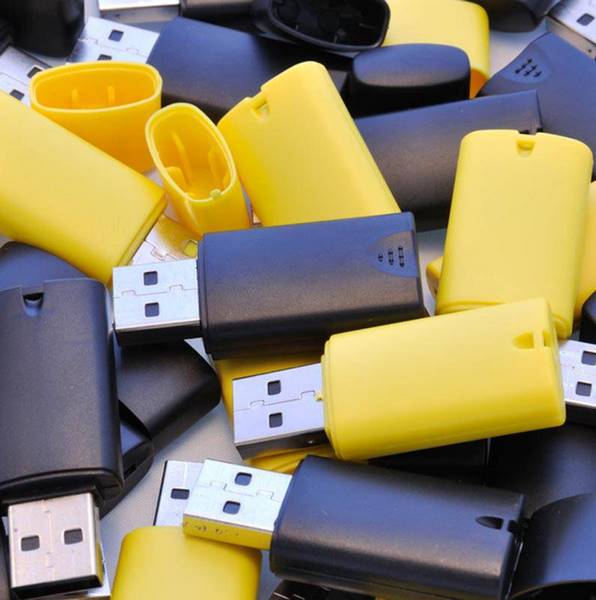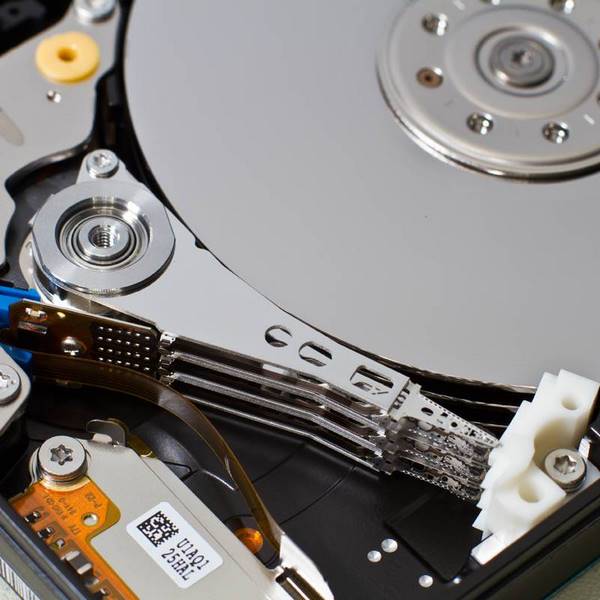Types of supports
We recover your data from any type of computer medium
The main types of computer media
Here are the main types of computer media on which we can perform data recovery. Here is a detailed description of the main types of media :
Harddisk
The hard drive is a widely used magnetic storage medium in computers and servers. It consists of fast-rotating platters on which data is recorded and read using a read/write head. Hard drives offer large storage capacity, good performance, and cost-effective accessibility. However, they can be subject to mechanical, electrical, or logical failures, requiring professional data recovery in some cases.
SSD
SSDs are semiconductor-based storage media that use flash memory chips to store data. They offer superior performance compared to traditional hard drives, with faster access times and better shock resistance. SSDs are often used in laptops, ultrabooks, and mobile devices due to their speed and low power consumption. However, they can also experience data corruption or hardware failures requiring specialized recovery.
RAID / NAS systems
RAID (Redundant Array of Independent Disks) and NAS (Network-Attached Storage) systems are network storage solutions used in professional and home environments. RAID systems combine multiple physical hard drives to improve performance, data redundancy, and fault tolerance. NAS systems allow centralized storage and file sharing among multiple users or devices. In case of failure of one or more hard drives, specialized data recovery may be needed to restore the lost information.
USB key
USB drives, also known as USB flash drives, are portable and convenient storage media. They use flash memory technology to store data and are widely used for file transfer between different devices. USB drives are available in various capacities and are compatible with most computers and devices with USB ports. However, they can be subject to logical errors or physical damage that require professional data recovery.
SD/SDHC
SD (Secure Digital) and SDHC (Secure Digital High Capacity) cards are commonly used storage media in digital cameras, camcorders, smartphones, and tablets. These cards offer varying storage capacity and are used to record photos, videos, and other files. However, SD cards can be prone to formatting errors, logical failures, or physical damage requiring specialized data recovery to recover lost or damaged files.
Tablet
Tablets, with their touchscreen display and operating system, offer internal storage capacity for applications, files, photos, and videos. They may also have SD card slots or USB ports to expand their storage capacity. However, tablets can encounter issues such as operating system corruption, accidental file deletion, or data loss requiring specialized recovery techniques.
CD/DVD
CDs (Compact Discs) and DVDs (Digital Versatile Discs) are optical media used for storing data, music, movies, and other multimedia content. They were very popular in the past but have gradually been replaced by more advanced storage media. CDs and DVDs can be damaged by scratches, burning errors, or physical deterioration, requiring professional data recovery to retrieve lost information.
Mobile phones
Modern mobile phones offer internal storage capacity for applications, photos, videos, and files. They may also support the use of SD memory cards to expand their storage space. Common issues encountered on mobile phones include accidental file deletion, operating system corruption, or hardware failure, requiring specialized data recovery services.
Type of Tapes
Magnetic tapes are linear storage media used primarily for long-term backup and archival of large amounts of data. They are often used in business environments such as companies, libraries, and data centers due to their high storage capacity and reliability. However, magnetic tapes can experience wear, degradation, or data loss, requiring specialized recovery.
NAS/SAN
Network-Attached Storage (NAS) and Storage Area Network (SAN) systems are centralized storage solutions used in professional environments. They enable efficient data sharing and management in a local or extended network. NAS is based on dedicated servers, while SAN uses dedicated storage networks to access data. In case of hardware failure or data corruption, specialized recovery may be necessary to restore lost or damaged information.
In conclusion, it is essential to understand the different types of computer media and the potential issues they may face in order to choose the appropriate medium and take preventive measures to protect and recover our valuable data. In case of data loss, it is recommended to consult professional data recovery experts to ensure successful recovery.






